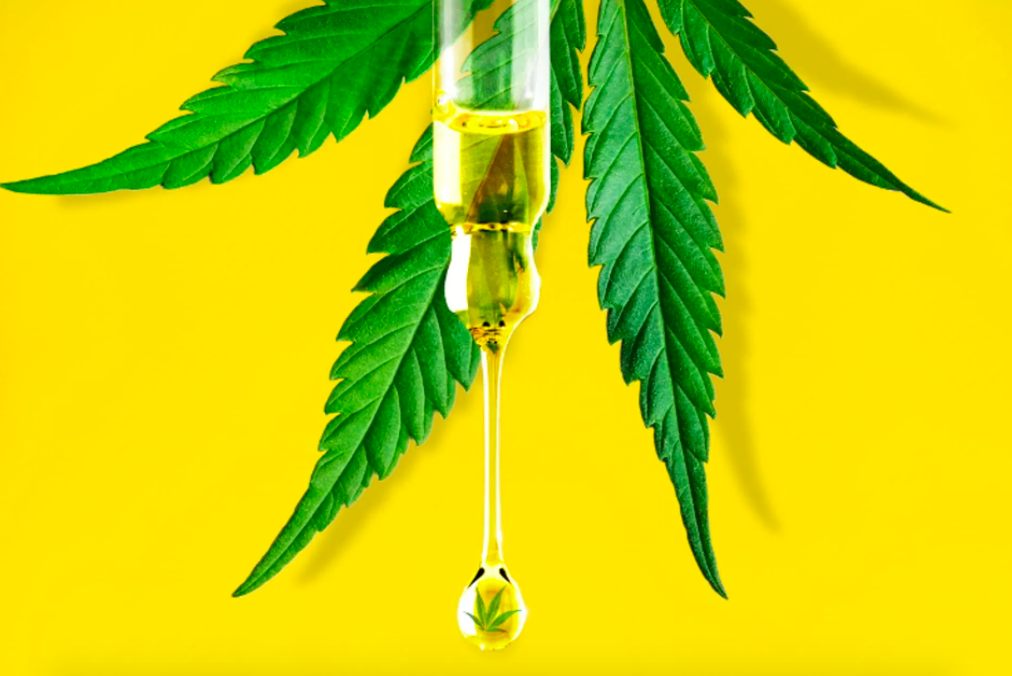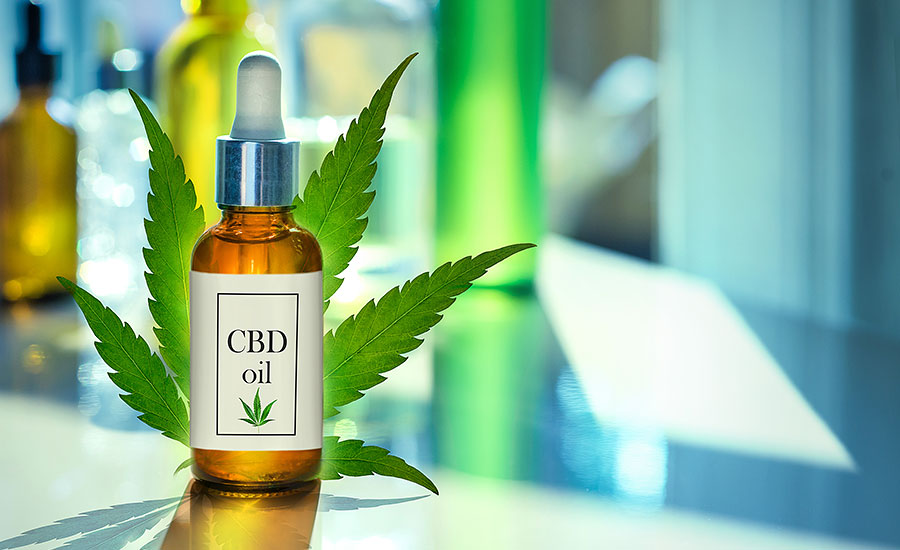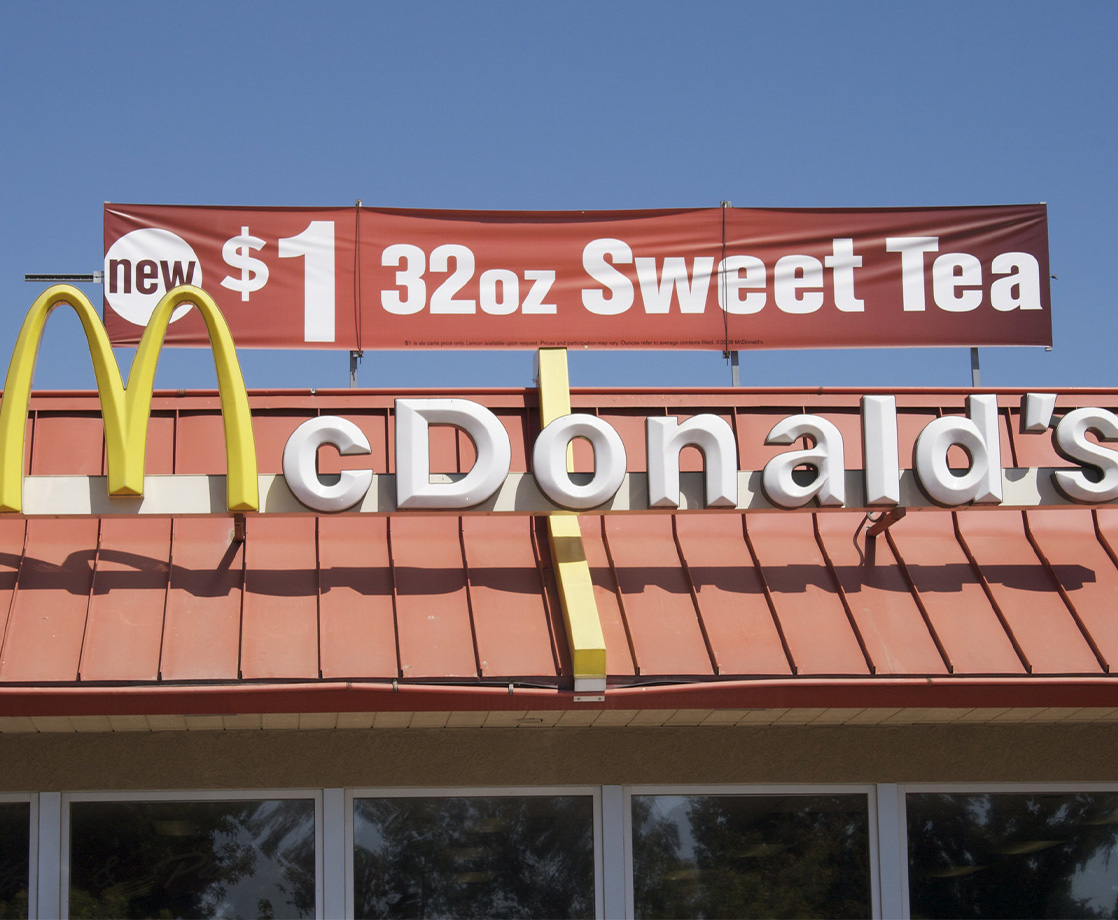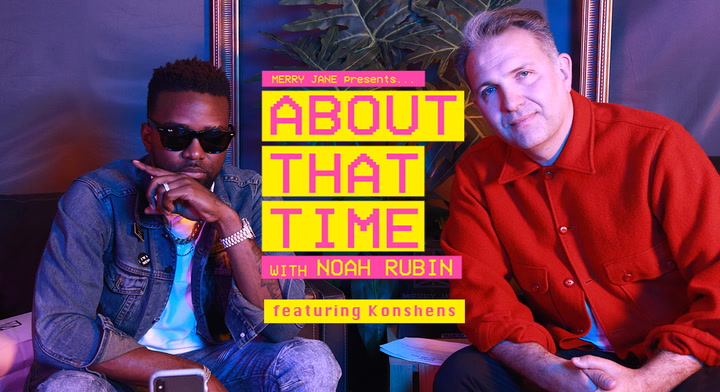Image via
While we could spend hours, if not days, listing weed’s myriad benefits, there’s one cannabis compound that’s quickly becoming more famous than the herb’s characteristic buzz.
That compound is cannabidiol, or CBD.
CBD is chemically similar to THC, the compound in cannabis that gets tokers lifted. But unlike THC, CBD does not cause intoxication (though it still affects the mind, but more on that in a sec).
While THC remains a controversial — and federally outlawed — molecule, CBD can now be found in over-the-counter skincare products, toothpaste, lotions, tinctures, oils, and nutritional supplements. And yes, you can even find CBD in actual weed (ask your budtender for a “high-CBD” or “CBD-rich” strain). Or you can research companies online.
But what are the scientifically supported benefits of CBD? Below, you’ll find a short list of them. Keep in mind that this list is in no way complete, nor have most of these claims been verified by the US FDA.
And, as always, none of this is medical advice. Please consult with your doctor before consuming any CBD products. CBD may be natural, but it still has side effects.
CBD for Seizure Disorders
OK, so the FDA does recognize one medical benefit of CBD: Controlling rare and life-threatening seizure disorders.
One pharmaceutical drug, Epidiolex, employs CBD as its main ingredient. In 2018, the FDA approved Epidiolex for treating Dravet syndrome and other seizure disorders. A year later, the DEA removed Epidiolex from the federal list of controlled substances. Doctors can also now prescribe Epidiolex for off-label, or non-approved, medical uses.
Some companies sell cannabis extracts with concentrated amounts of CBD. Although the FDA has not approved these “CBD oils” for treating anything, anecdotal evidence suggests they could also treat seizure disorders.
CBD for PTSD, Anxiety, Depression, and Insomnia
Some research posits that CBD can help those living with anxiety, depression, or insomnia. Whether CBD can outright replace antidepressants, mood stabilizers, or tranquilizers remains inconclusive, but CBD’s effects on anxiety, depression, and insomnia could make it a candidate for treating post-traumatic stress, or PTSD, too.
CBD for the Side Effects from Cancer Therapy
Chemotherapy and radiation therapy can sometimes make patients just as sick as the cancer itself. The American Cancer Society recognizes that CBD can combat nausea, vomiting, loss of appetite, and pain caused by cancer or cancer treatments.

CBD for Preventing or Fighting Cancer
Besides relieving some of the side effects of cancer therapies, CBD may help prevent or fight against some cancers. Some studies show that CBD can shrink tumors, though most of these studies have only been performed on lab animals or in test tubes.
CBD for Alleviating Chronic Pain
Several studies from around the world indicate that CBD, either by itself or when combined with other compounds found in cannabis, can reduce the severity, or eliminate, chronic pain.
CBD for Protecting or Healing Brain Cells
Several compounds found in cannabis show promise as neuroprotectants, meaning that they protect nerve and brain cells from damage. What kind of damage? Think: The inflammation caused by a sports injury. Or think: Brain cells lost after a hard bump on the head. CBD is one of those potential neuroprotectants, and some research hints that CBD can even repair neurons.

CBD for Fighting Acne and Nourishing the Skin
There’s a good reason why CBD can now be found in startup and brand name skincare products alike: The skin contains its own endocannabinoid system, and skin cells respond to CBD just as nerve cells can. CBD could possibly mitigate or reverse signs of aging caused by oxidation, and its antimicrobial properties may combat acne, as well.
CBD for Improving Oral Health
You can now buy toothpaste and mouthwashes that contain CBD, since there’s evidence that it can reduce plaque, prevent cavities, and improve gum health. In fact, some studies suggest that CBD is so effective at maintaining good oral hygiene that even Colgate has jumped into the CBD game.
CBD for a Stronger Heart
Although cannabis’s benefits – or dangers – regarding heart and cardiovascular health remain inconclusive, a few studies indicate that CBD could protect heart cells.
CBD for Curbing Drug or Alcohol Addictions
Some drug addiction specialists suspect that CBD may help curb or break substance addictions.
CBD for Treating Diabetes
Study after study shows that cannabis can reduce insulin resistance and may even one day treat diabetes. CBD may be one of those cannabis components that contributes to this metabolic benefit.











